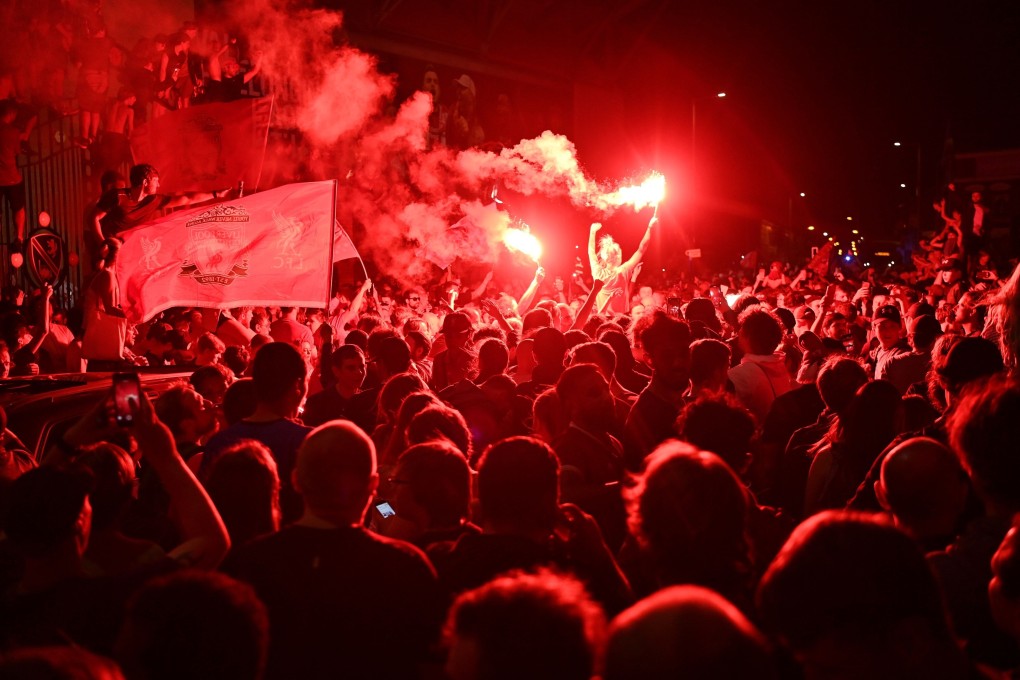Opinion | Liverpool owners must work hard to regain trust of disgruntled fans in wake of on-pitch struggles and Super League fiasco
- Principal owner John W Henry may be reluctant to allow supporters to have two seats on the board and play a role in dictating policy
- FSG are not bad owners – having hired Jurgen Klopp and overseen Champions League and Premier League success – but they are not the best either,

Liverpool supporters are angry, confused, unhappy and divided. The pandemic, a calamitous title defence and Fenway Sports Group’s (FSG) dalliance with the failed Super League project have thrown up questions about the club’s future that most Kopites would rather not ask.
The Spirit of Shankly (SOS) supporters union met Billy Hogan this week to discuss the idea of fan representation in the boardroom. The chief executive’s views on the Super League appear to be broadly similar to SOS’s – it was a bad idea.
How much sympathy Hogan has with the group’s request for two seats on the board and a “‘golden share’ or veto on the decision-making process” is quite another matter. FSG have performed a number of U-turns in response to fan pressure but allowing supporters the power to determine club policy is unlikely to appeal to John W Henry, the principal owner.
The reaction from other sections of the fan base, too, has highlighted a latent schism in the support. SOS is largely left-leaning and though its members have a wide geographical spread, many see them as Merseyside-based activists and distrust the organisation.

The union, which was founded 13 years ago at the height of the battle with the former owners Tom Hicks and George Gillett, has campaigned relentlessly and inclusively on supporters’ issues. They were referred to as “Sons of strikers” by a former club executive and labelled “the sporting version of the Khmer Rouge” in internal Anfield documentation. The union continues to fight for Liverpool’s identity.
